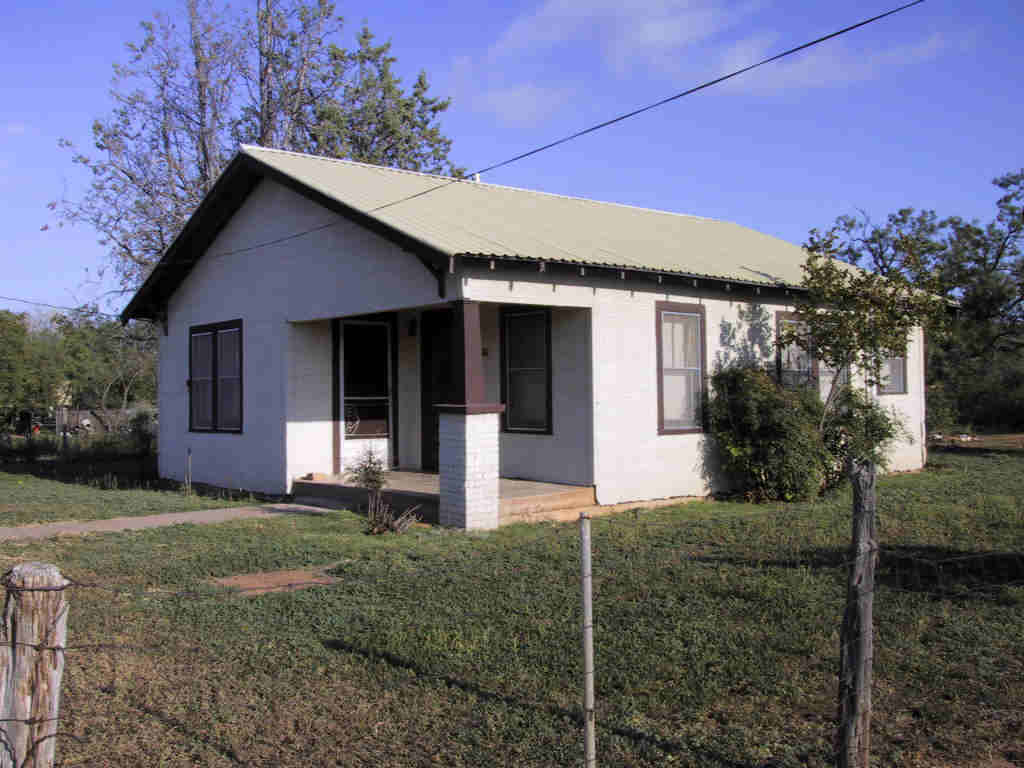I would like to be more creative and less predictable, but both the calendar and the rut I’m in indicate that it’s time for my annual “grinch about spring” column.
I will start in a positive frame of mind and simply say that, on the whole, I like living in a place where we have discernible seasons. Many of us here have laughed about our often-crazy climate. The joke and the reality are not far off. If your goal is to sample from a smorgasbord of widely varying weather during the same 24-hour period, this is a great place to give it a try.
But, in general, where I live, winter and spring and summer and fall are mostly lined up with fairly recognizable features. I think the truth is that each of them brings its own sort of beauty, joy, and pleasure. And, yes, each one brings its own challenges.
In the Northern Hemisphere, we’re officially more than a month into spring. I like to try to major on its most winsome aspects, most of which I think of as its Easter qualities—new life, hope, resurrection. New life springing forth pairs quite well with hope. Green and lushly growing vegetation points again toward new life. And hope and new life rush my soul to the joy of Easter and the most amazing resurrection of all.
By the way, Easter Sunday is a moon-connected movable target, but it falls forever in spring as it “always occurs on the first Sunday that occurs after the vernal (spring) equinox.” So, I’d say that spring’s most wonderful characteristic is that it is inexorably and beautifully tied to Easter.
Now that I’ve made that case—not that a full-fledged, God-created season needs any help from me—I feel a tad guilty veering over into a lane I should probably stay out of.
I usually tell a friend who sprays yards each spring with green-dyed chemical that I find his sort of spring green depressing. It means that our Creator will soon be turning the vegetation truly green, and I’ll be a yard slave for hours each week for months.
But more depressing to me—and it’s been much worse since we’ve been in the clutches of a very long drought—is that spring here usually comes complete with a maddening characteristic. It’s a four-letter word spelled W-I-N-D. When someone here says that “spring is in the air,” the observer is not kidding. On a significant number of spring days here, all one has to do is look out the window to see tons of brown particulate matter flying by in the air along with rodents, chihuahuas, and small children. Want a taste of spring? Step outside on those days and just chew a bit of grit.
And now, as you can tell, I need to change lanes again and rustle up more grit of a positive sort. I would do well to plant some more plants. (I won’t whine at the moment about a mealybug pestilence I recently found in my greenhouse.) I need to smell some flowers and listen to some birdsong (not from goose-stepping grackles). I need to look forward to one of our truly beautiful spring days when being outside is a pure pleasure.
I’m sure the best way to thank our Creator for the changing seasons is to ask him to help us keep our eyes open for their varying colors and hues, smells, sounds, tastes, and textures, and be amazed again at the beauty of the deep joy he has woven into the fabric of each season.
Right now, my plan as this present season springs on is to duck if I see a rodent flying toward me in a high wind—and the wind is raging outside my window right now. But my real goal is to spend a lot more time basking in some genuine spring/Easter joy. It’s much stronger than the wind.
Text copyright 2024 by Curtis K. Shelburne. Permission to copy without altering text or for monetary gain is hereby granted subject to inclusion of this copyright notice.



